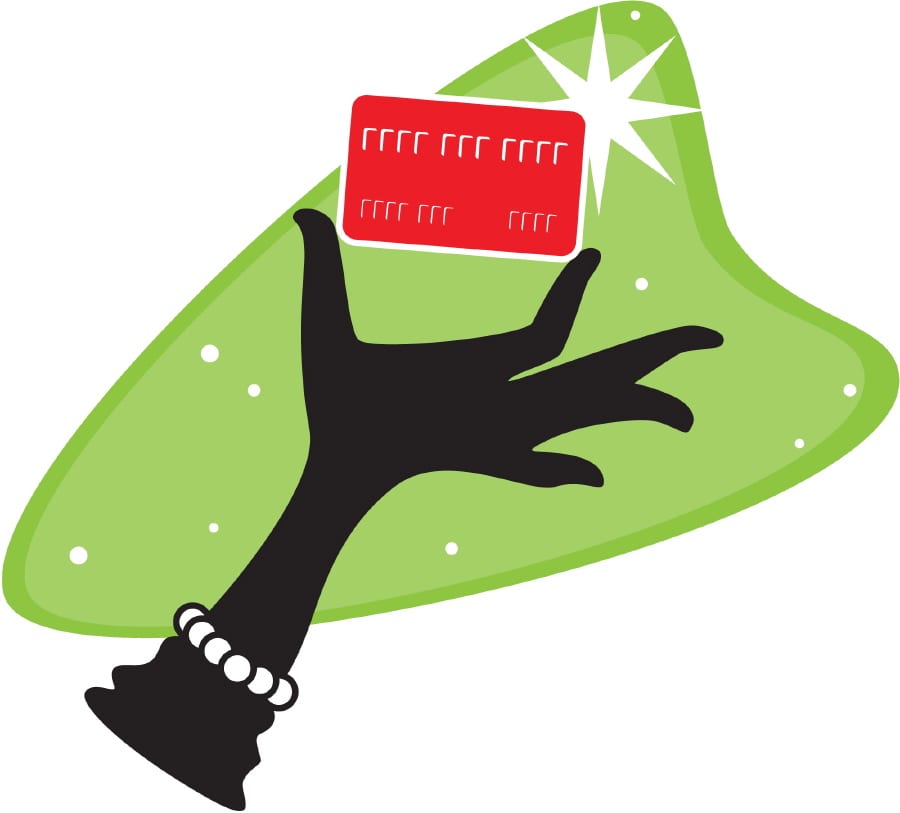Can you afford to buy a home?
This is the second of a three-part series for First Time Home Buyers. The first part discussed the differences between renting and owning a home. Once you’ve decided that you do want to own your own home, the next logical question is whether you can afford to do so. This blog will help you make that determination.
Pre-approval
When you start looking for a home, one of the first things a real estate agent will ask you is whether you have been pre-approved for a mortgage. Pre-approval is necessary so you know how much you can really spend on a new home and focus your search appropriately. A pre-approval is also needed so you may make an offer when you find a property you like. Offers are accepted only by pre-approved buyers. You will have to provide proof of your pre-approval when making the offer. If you’re not ready, you may lose the house you love to another buyer who was ready with their pre-approval.
You can contact any mortgage company or bank directly, or you may use a mortgage broker who can find you the best rate among multiple companies. One of the first things any mortgage broker will do is to check your credit score. A “good” or “excellent” credit score is usually necessary to get a mortgage. The first thing any home buyer should do before they start home shopping is to check their credit score and improve it as necessary.
Obtaining your credit report
You can get one free credit report per year. If you access the Annual Credit Report site and fill in all required information, select one of the three listed credit companies, you will be able to obtain and print your credit details. This report will show all information that is negatively (or positively) impacting your credit. If you are late with payments, or have any collection issues, this information will be provided on that report.
Improving your credit
Once you have this information, there are many ways to improve your credit, and many websites that will help you. The basics are as follows:
 Have credit. This may seem obvious, but if you don’t have a credit card, get one. Use it and pay off the balance immediately.
Have credit. This may seem obvious, but if you don’t have a credit card, get one. Use it and pay off the balance immediately.
- Pay down credit. If you have credit cards, pay them down or off. There should be a big gap between your credit limit and the credit you’re using. Try to use 10% or less of your available credit.
- Check your charge card limits. Make sure the credit bureaus are using the right limits, so the % mentioned above is the best it can be.
- Don’t cancel unused charge cards. This might seem counter-intuitive, but canceling an old card could actually lower your score.
- Pay your bills on time. If you have late payments, get them caught up and then stay on top of them.
- Immediately clear up any errors that you find on the report. This includes collection items that don’t belong to you. This could also include incorrect credit card limits, or any other errors.
Credit Score
Your actual credit score, though, is not included in the free report mentioned above. In order to see your actual score, you will need to pay one of the companies to obtain it OR you could contact your bank or mortgage broker to find out what your score is.
What does your credit score mean?
So you have your credit score, but what does it MEAN? Scores range from 350-850. The higher the score, the better you’re doing. While various industry sources bucket scores differently, in general you can follow the below guidelines. If your score is:
- Below 620: your chances of obtaining an attractive interest rate are low and you may have difficulty obtaining a mortgage loan. In this category you could pay 3%+ more in interest rates than someone with excellent credit.
- 621 to 674: this is a below-average score, and you will have to pay a higher interest rate than someone with excellent credit.
- 675 to 719: while these are not the highest scores, you should have little problem finding a decent interest rate.
- 720 and higher: this is an excellent credit score, and will allow you to be able to utilize a lender’s best rates.
What else is required for pre-approval?
When you’re discussing pre-approval with your mortgage broker or bank, they will require specific information such as your social security number, date of birth, full name and address of the borrowers, monthly expenses and income and information on assets and liabilities. This information is utilized to determine your ability to pay back the loan, and to determine what kind of loan you might qualify for (conventional, FHA, SONYMA, others). If you are not being asked for this level of information, you are being pre-qualified not pre-approved.
What if I have a small down payment?
 When determining the amount of money you need to purchase a home, you need to ensure you will be able to cover a down payment and closing costs.
When determining the amount of money you need to purchase a home, you need to ensure you will be able to cover a down payment and closing costs.
If you do not have a large down payment, your mortgage specialist can help you find the right loan. There are specific loans, that may require a very small or no down payment and may charge no or low points. Some examples are FHA or USDA loans.
In addition, there may be programs which can provide down payment assistance for first time homebuyers. These programs may provide loans or grants to assist with either your down payment or your closing costs.
Depending on your mortgage loan, you may also be able to request that the seller help with closing costs. Sellers are not obligated to do so, but certain loans will provide that option if sellers are interested in participating.
Summary
If you want to buy a new home, don’t let credit score worries or small down payment funds stop you from pursuing your dream and investigating your options. Check your credit report, make any adjustments to improve it, and contact a quality mortgage broker to assist with pre-approval.
Next time, I’ll provide information regarding the importance of choosing a real estate agent to assist you.